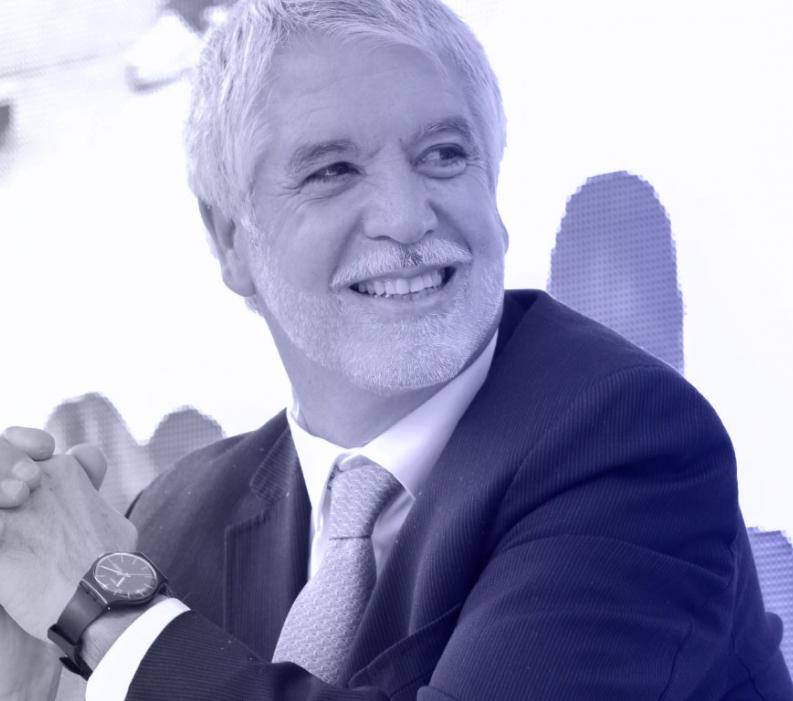Geopolitical Balancing and Alignment
Can countries still balance – politically and economically – between the United States and China?
Until recently in a world dominated by the superpower of the United States and the rising superpower of China many countries opted to balance in the middle. For one, some argued that the United States is already a declining superpower and they pointed to the growing importance of China on the global stage in terms of its population, economy, production capabilities, size of domestic market, and rising militarization.
The benefits of balancing or seeking the middle position between the two poles were clear. Both countries presented opportunities for foreign direct investment and tourism, to secure supply chains, to cement alliances, to gain political support.
Yet, on February 24, 2022 the world changed. Many pundits declared that the post-Cold War era was officially declared over. To some like myself this was not a surprise – I had in fact outlined Russia’s annexation aims in my book “Beyond Crimea: The New Russian Empire.” Francis Fukuyama’s “The End of History” era was declared over. Samuel Huntington’s “Clash of Civilizations” view seemed to have prevailed. The Ukrainian Russian war drew red lines between Russia and the West. Yet this regional war has global and geopolitical consequences.
The war has highlighted the growing global divide between the democracies and autocracies. It has followed on the back of the Covid pandemic which likewise fragmented our perception of a global world. Impediments to the movement of people and goods, resources nationalism, trade supply chain difficulties all questioned Thomas Friedman’s “The World Is Flat” paradigm.
Global event and conflicts are exacerbating this divide between the so-called “West” and the rest. Is a new Cold War on the horizon? One between democratic governments and dictatorships? A divide between the developed and developing world? Is globalization over?
What can smaller, developed or developing nations expect in their efforts to balance between the superpowers and rising superpowers? It may remain more difficult to remain on the sidelines in this divide. If a side will have to be chosen, which one will it be?


